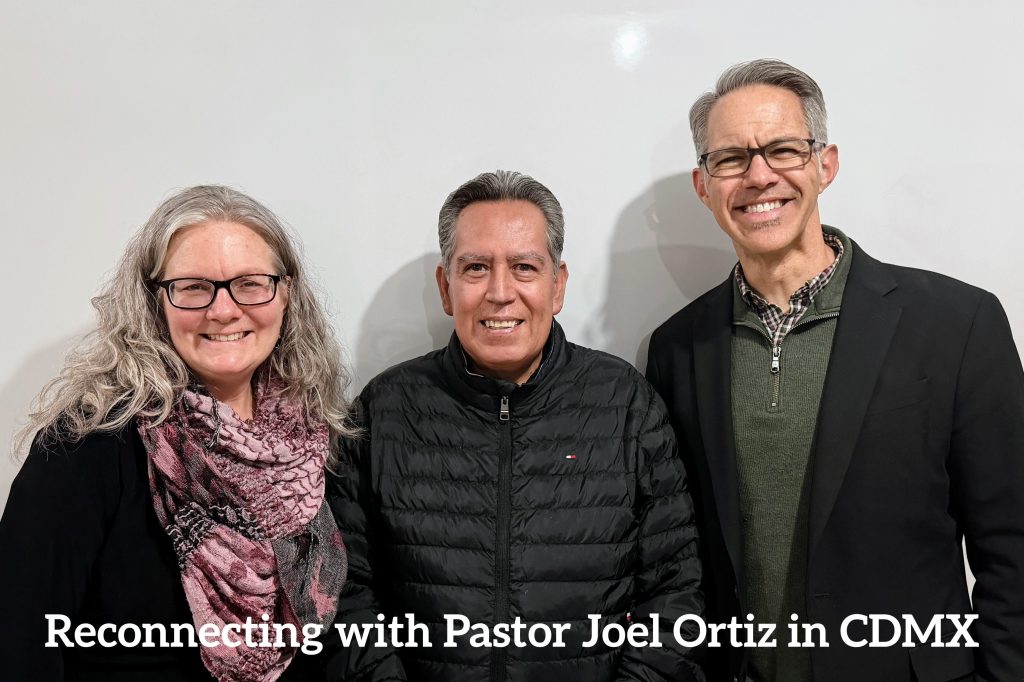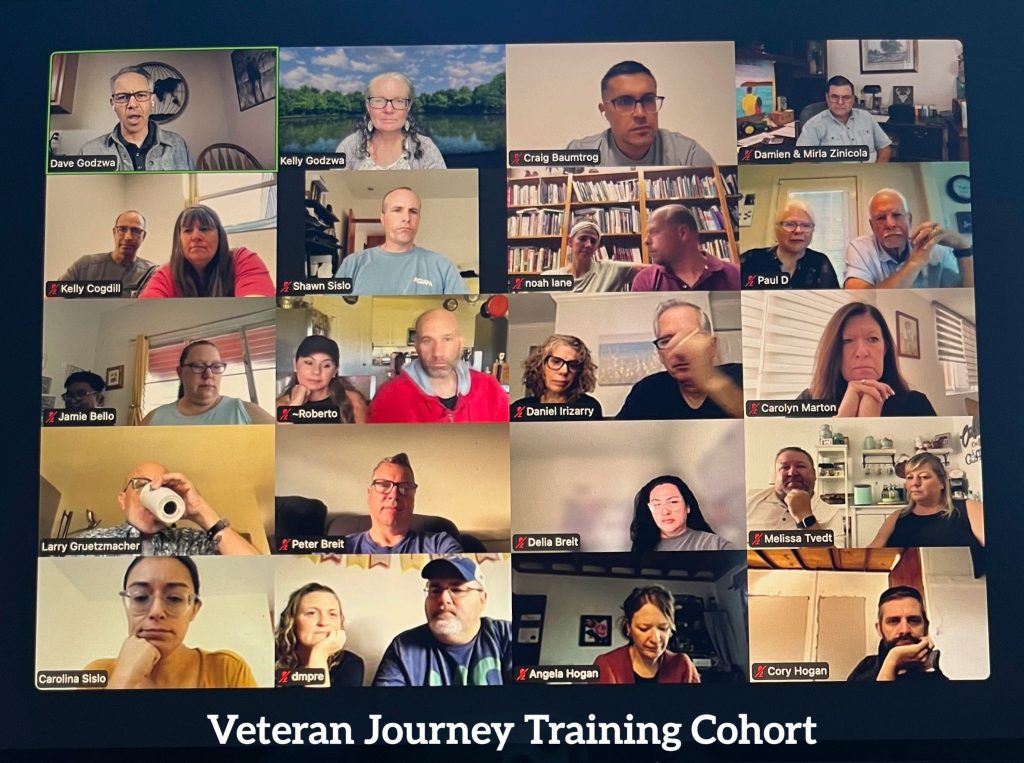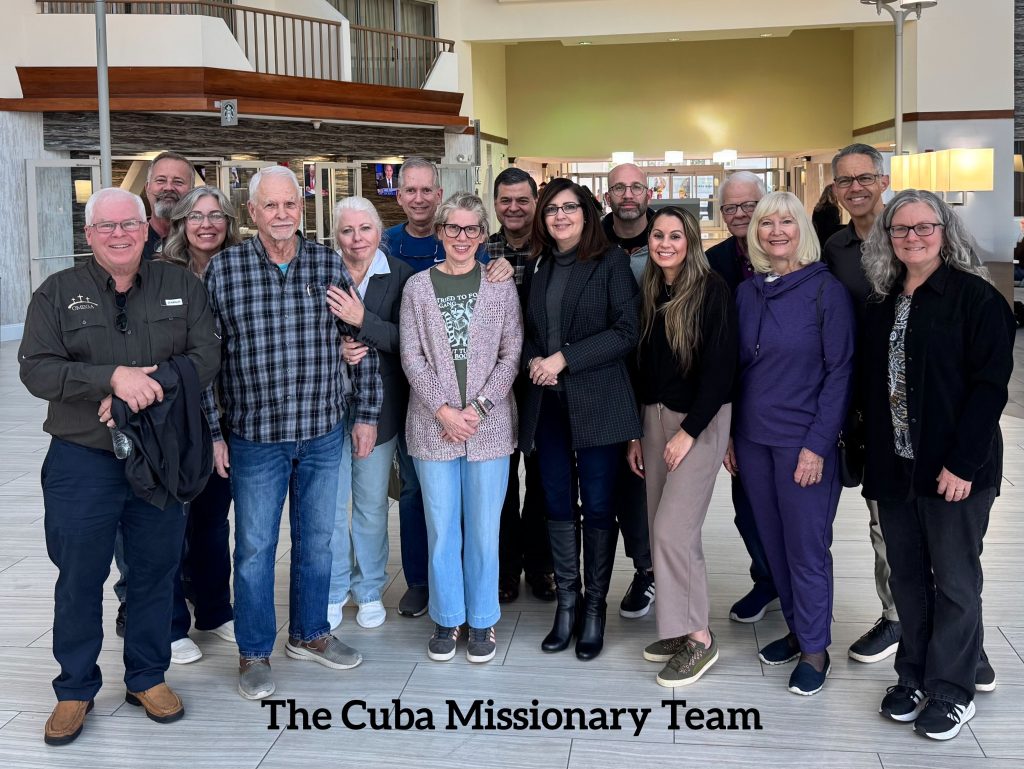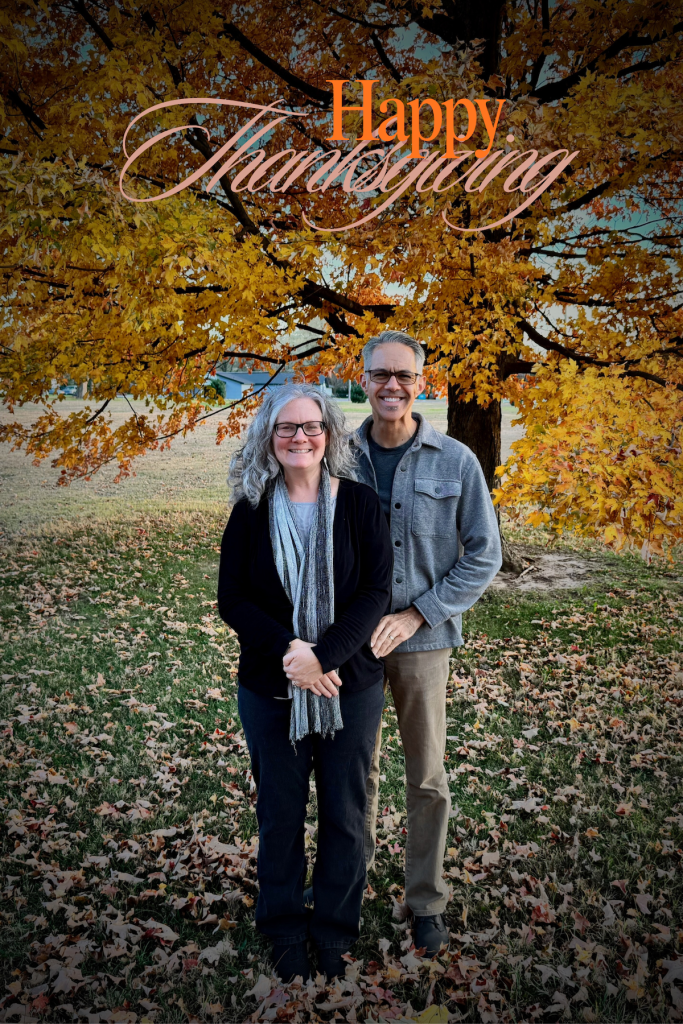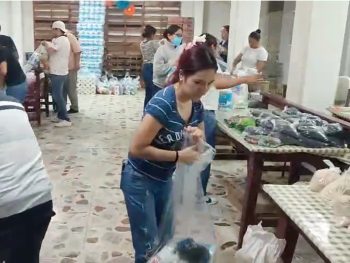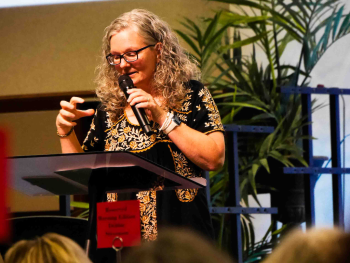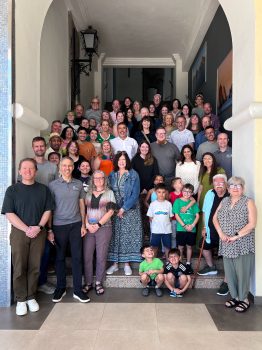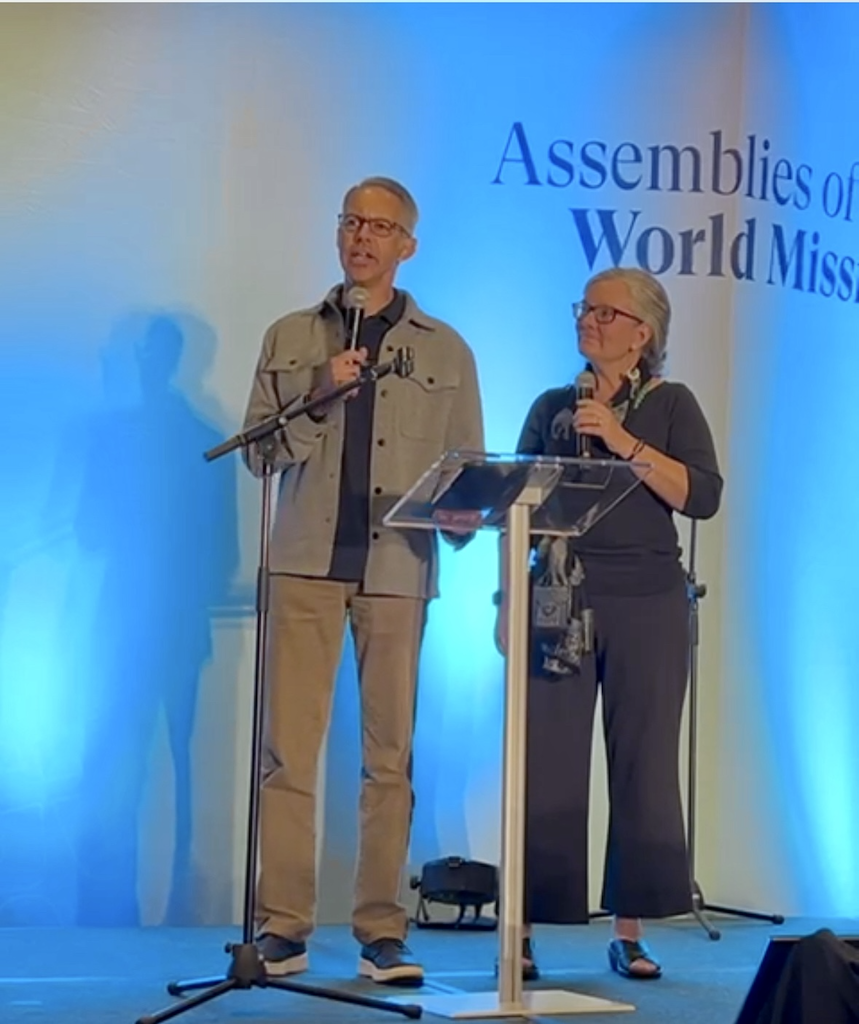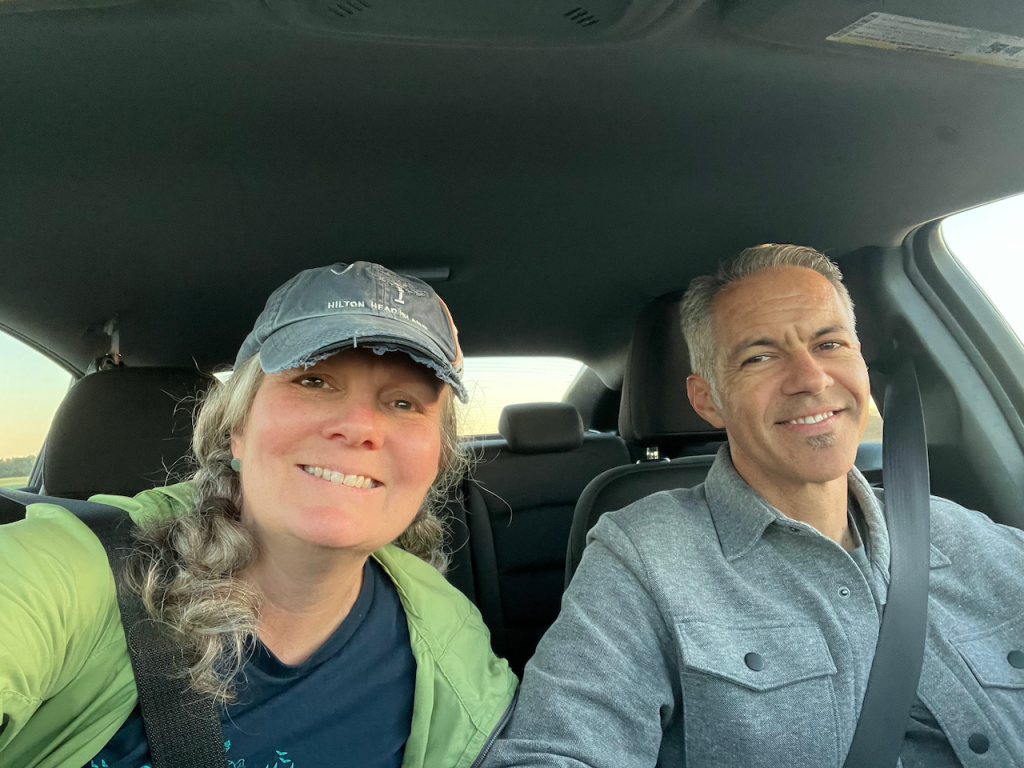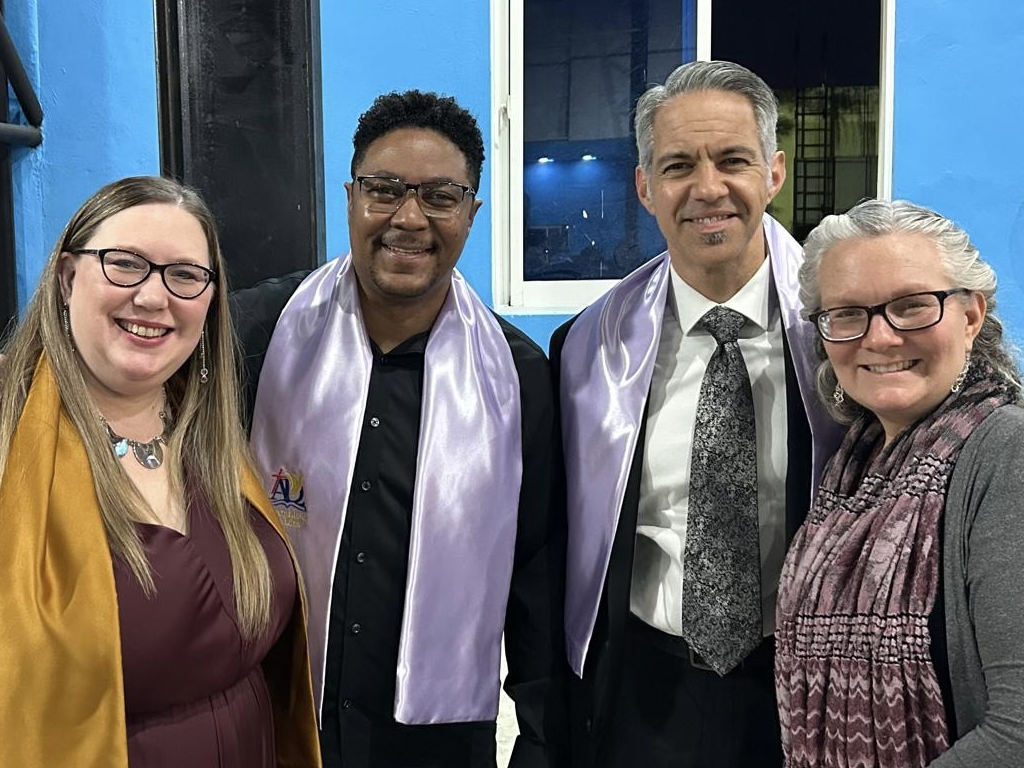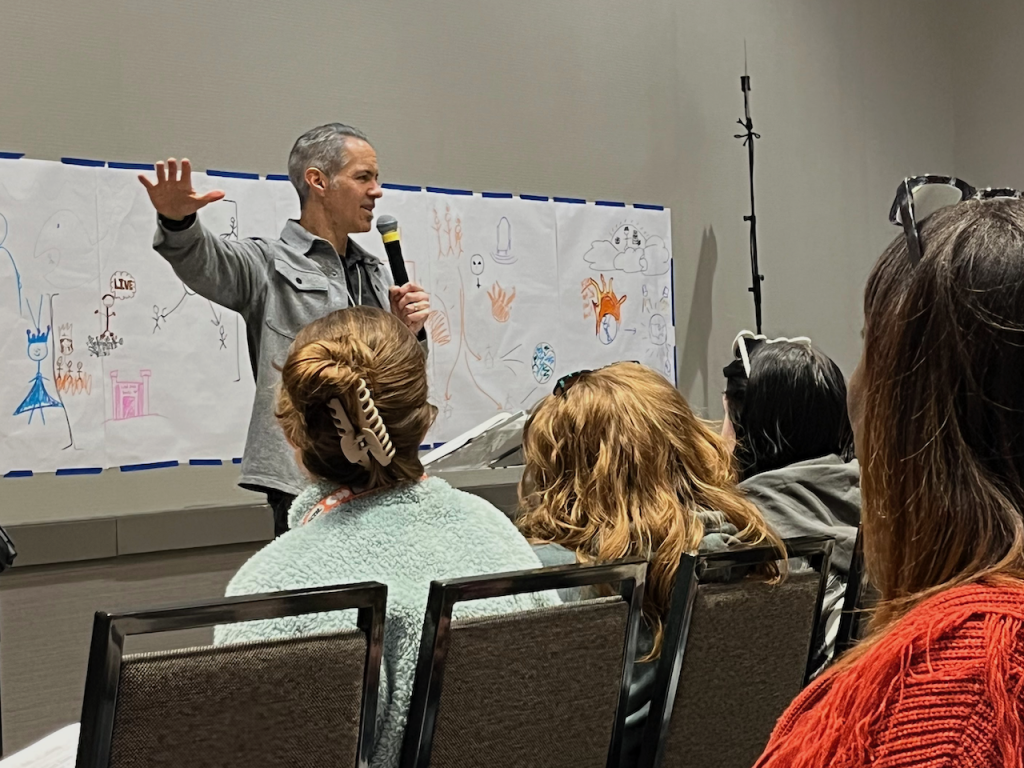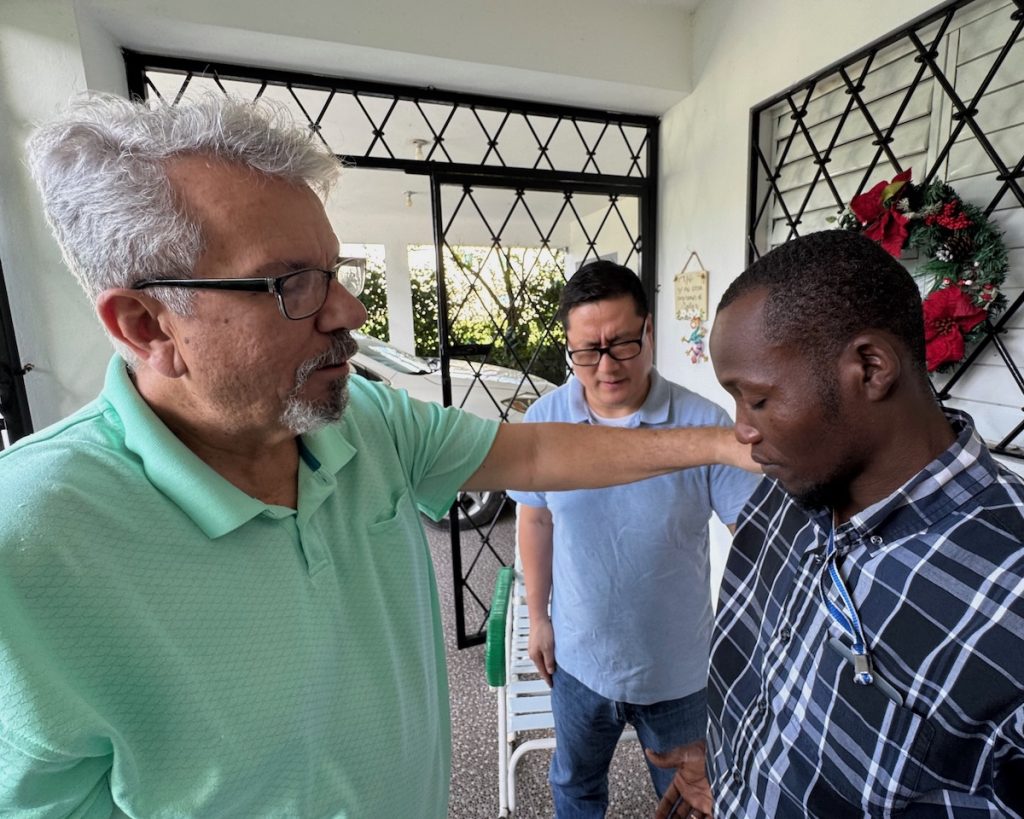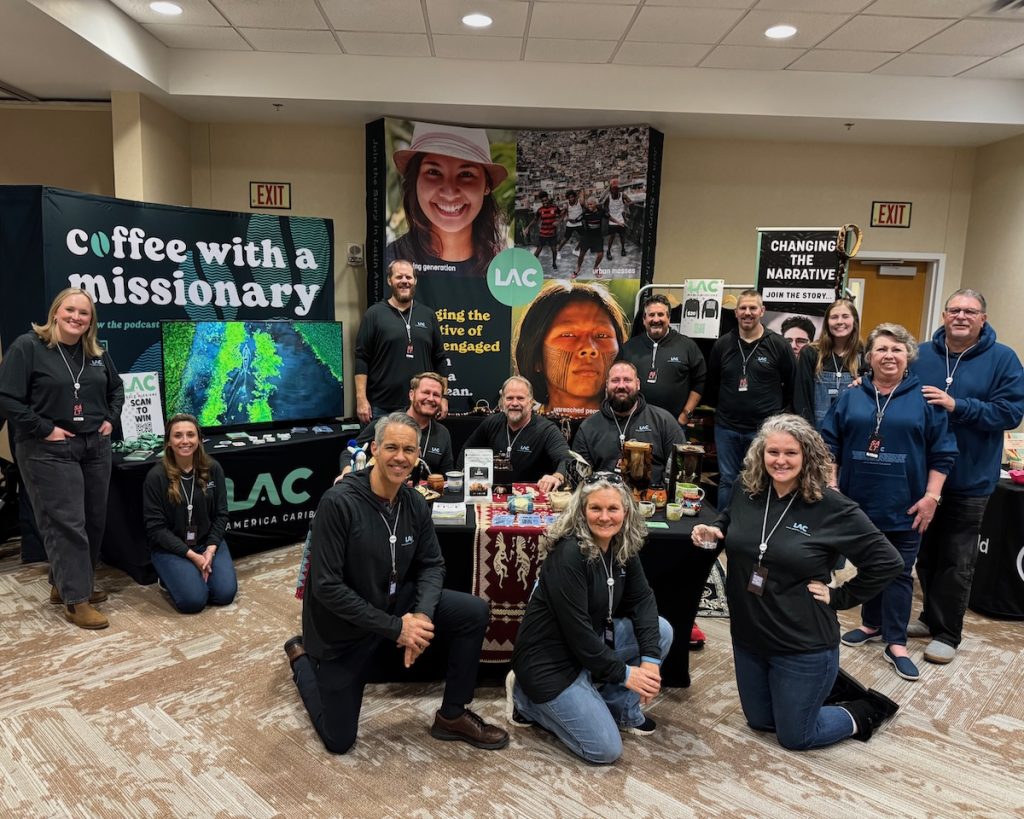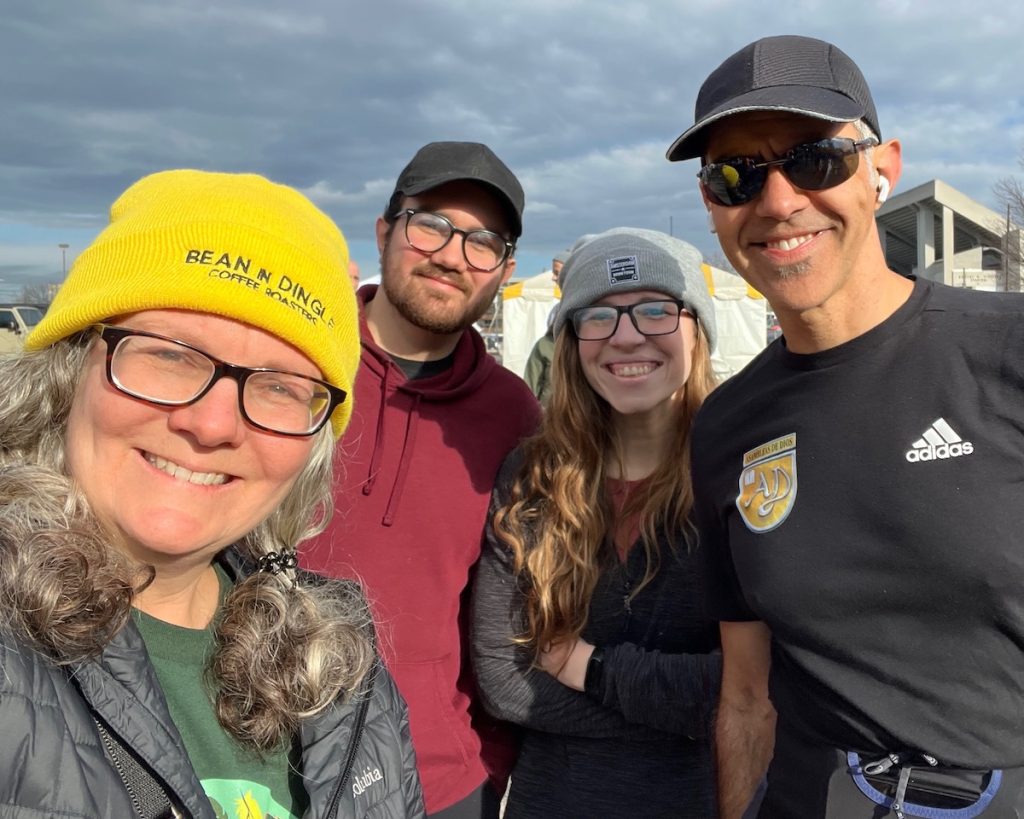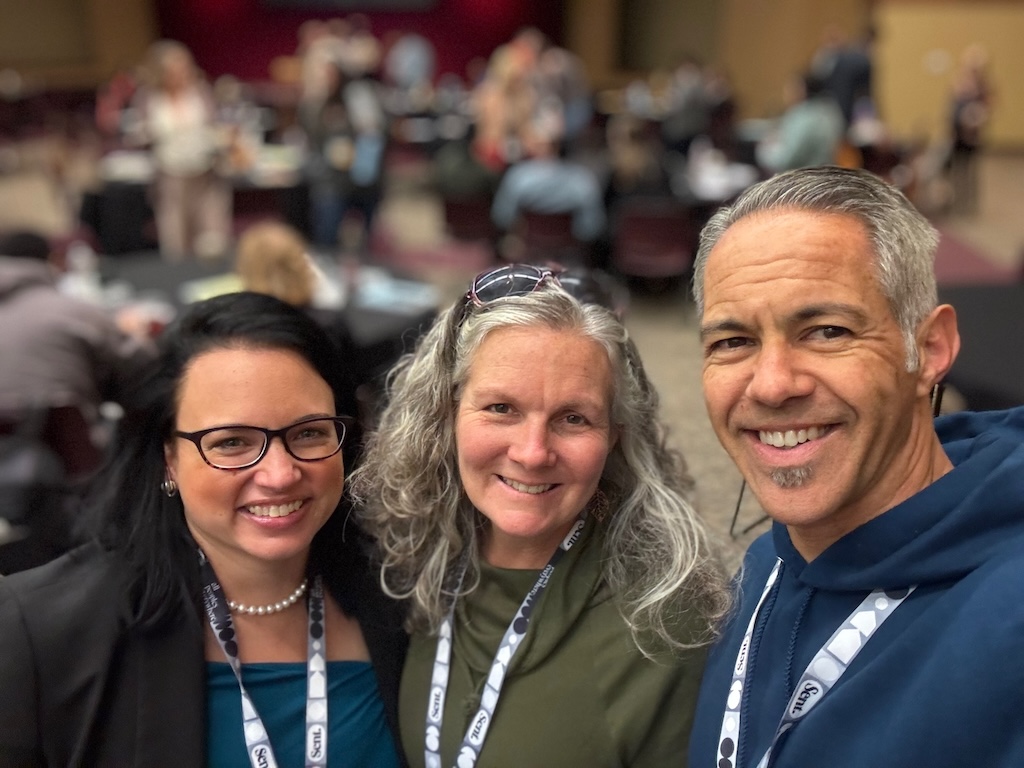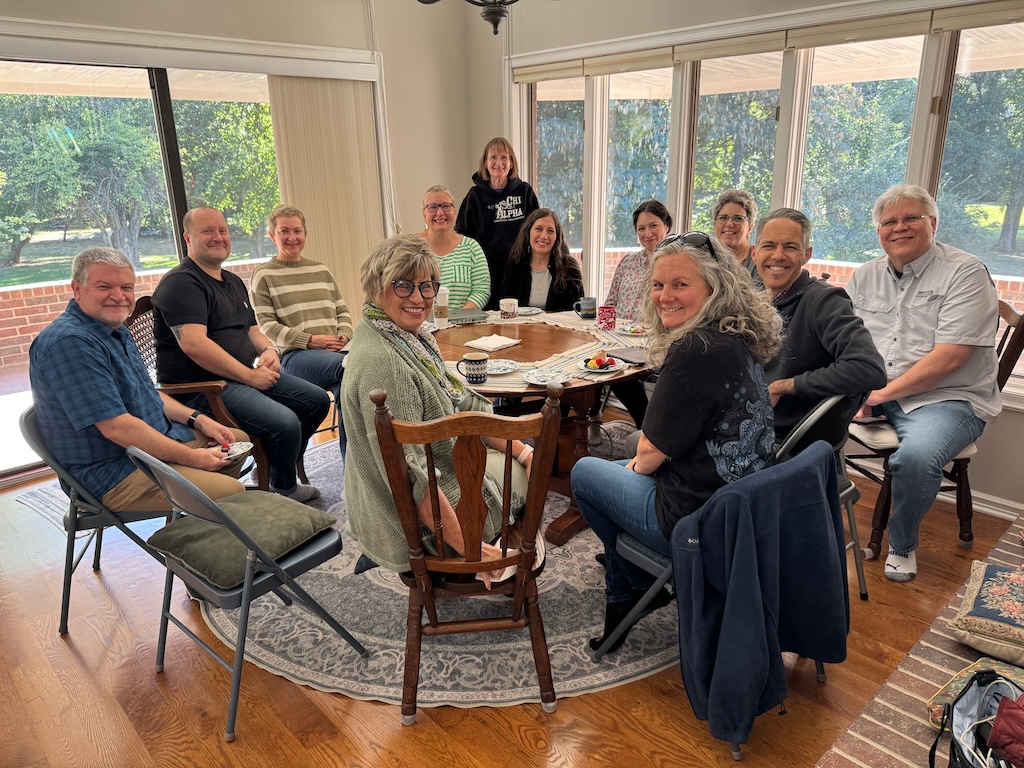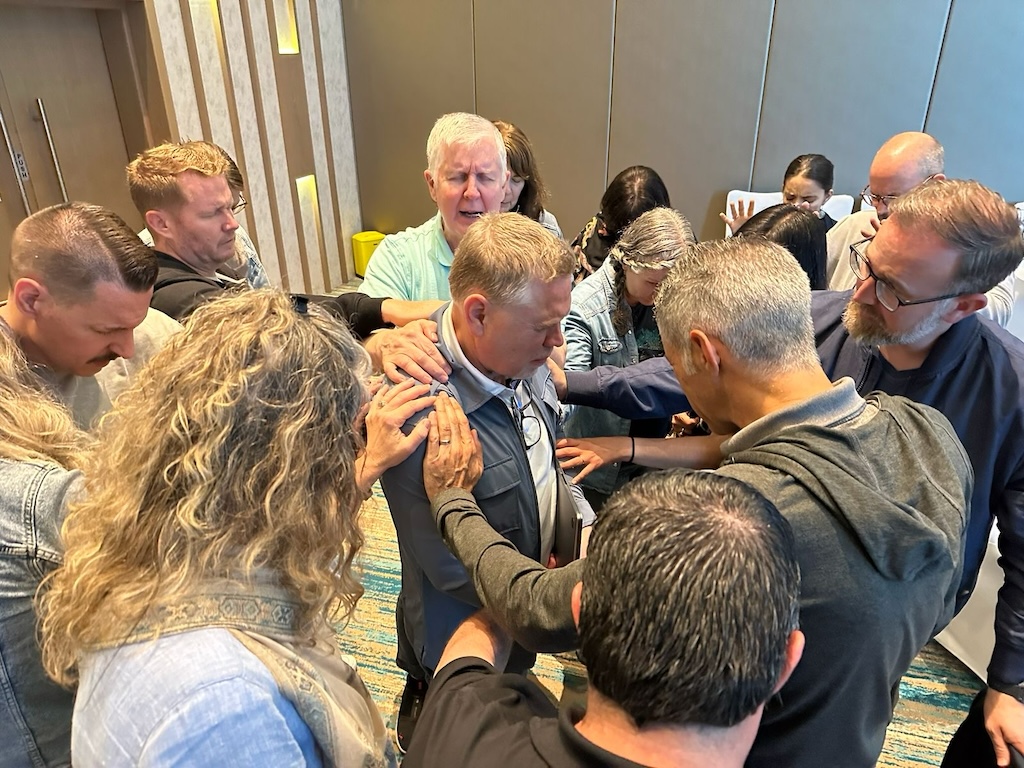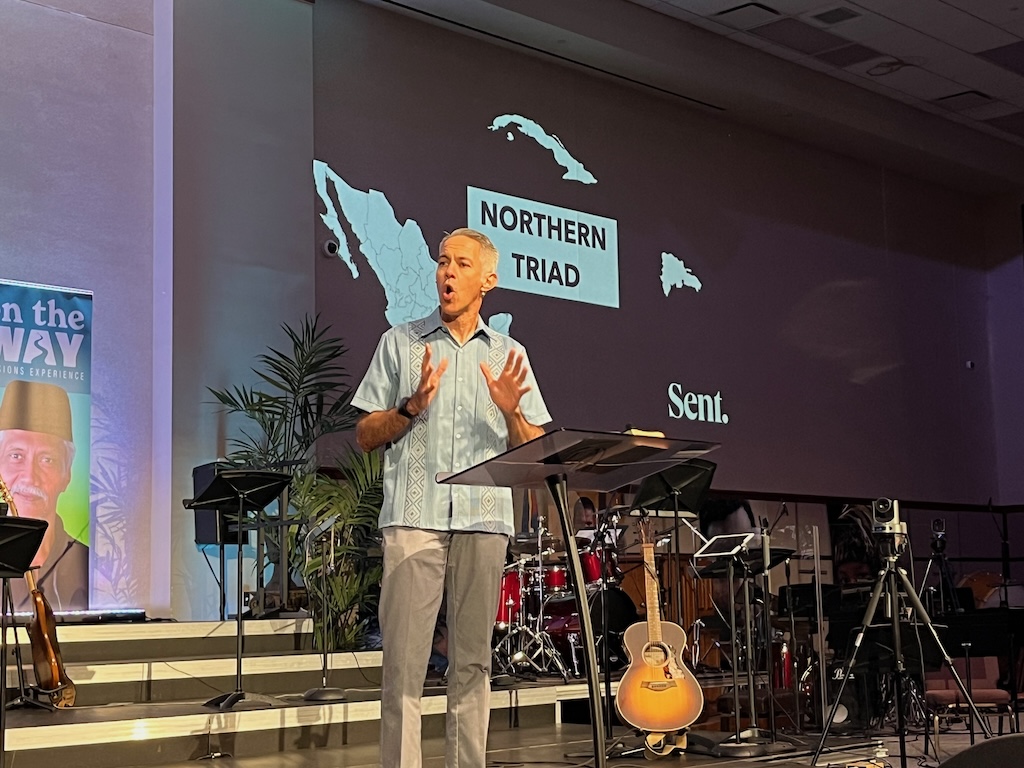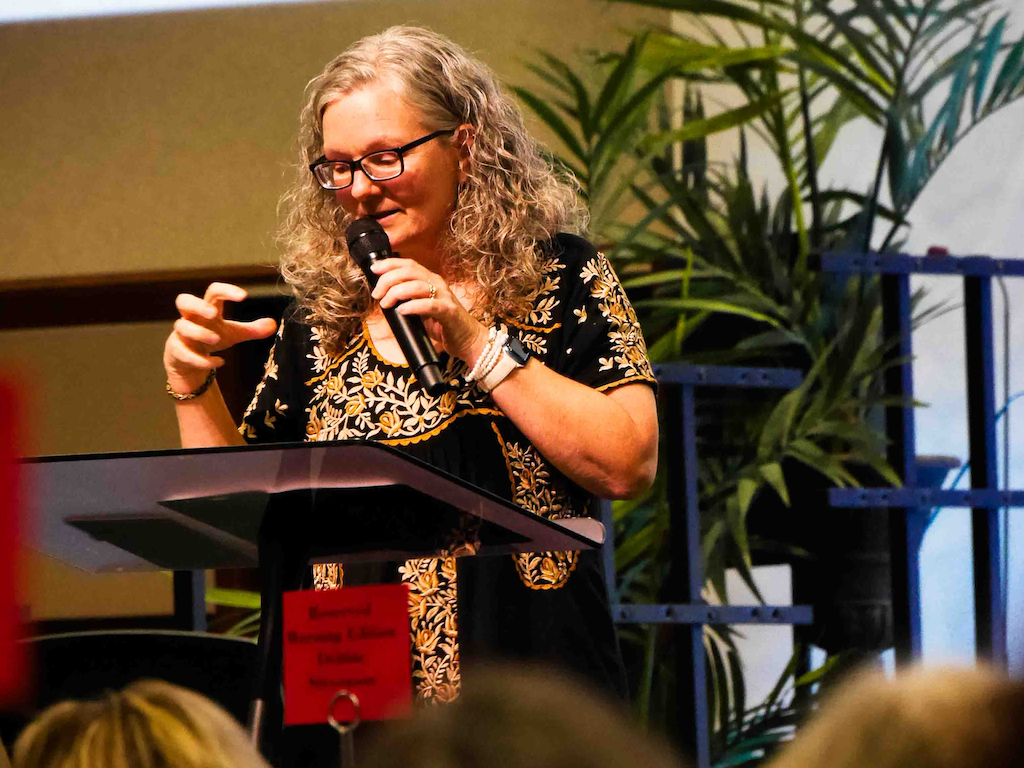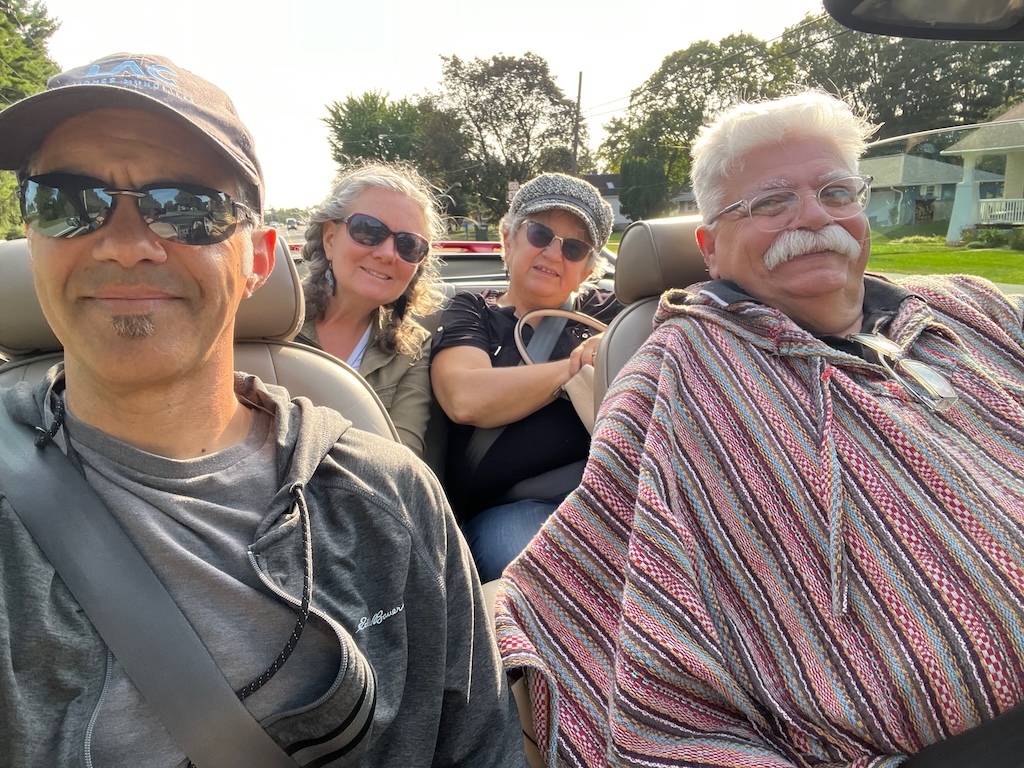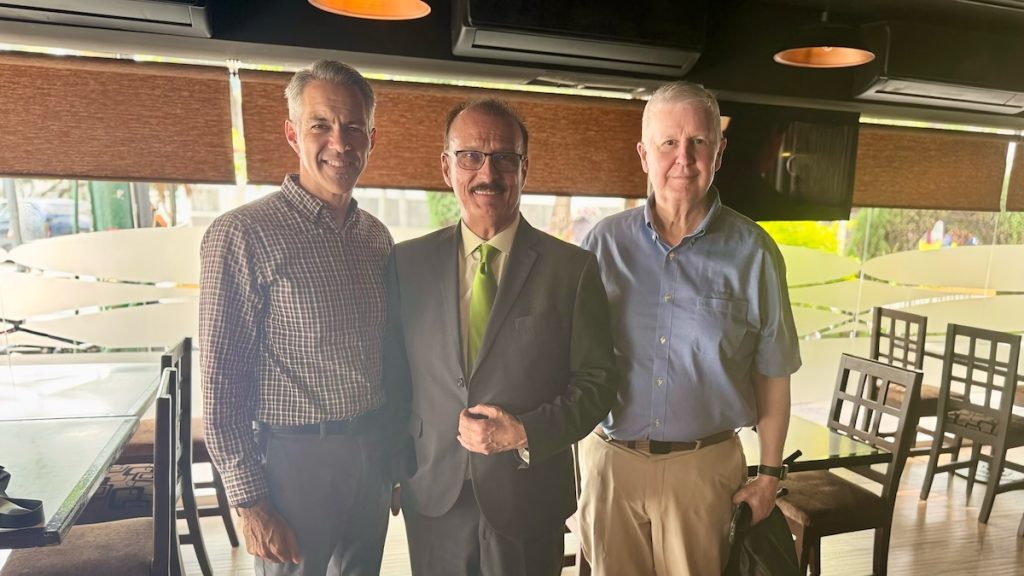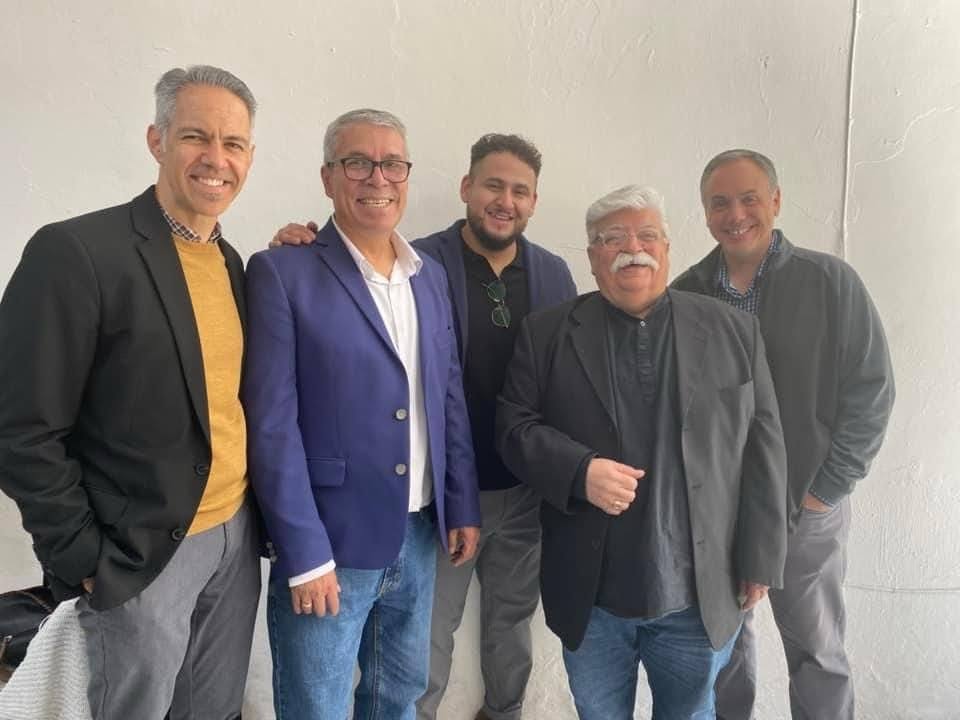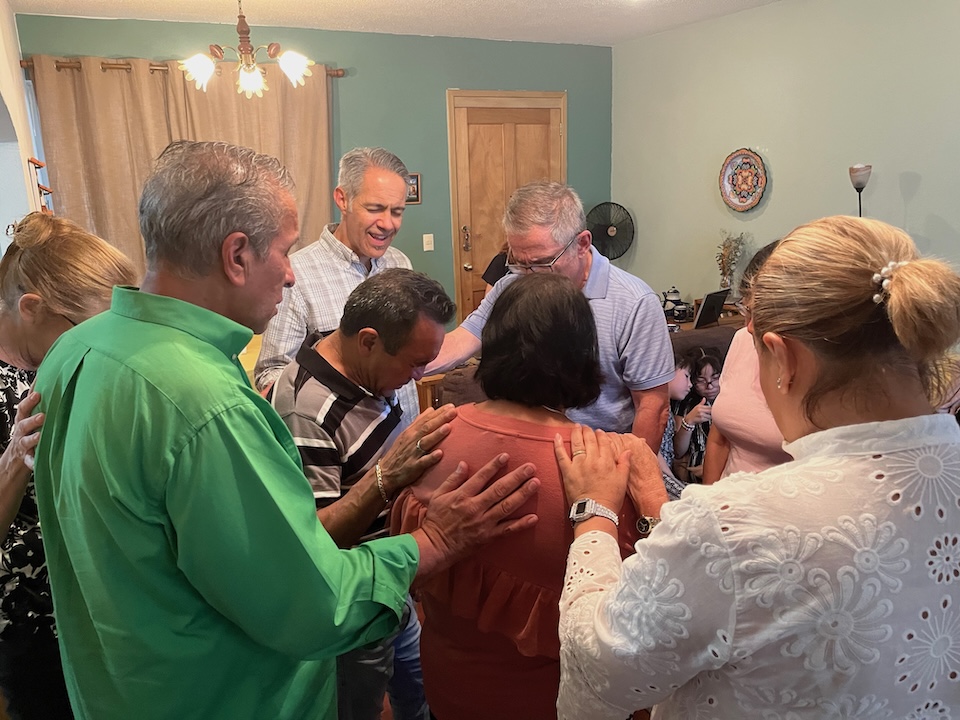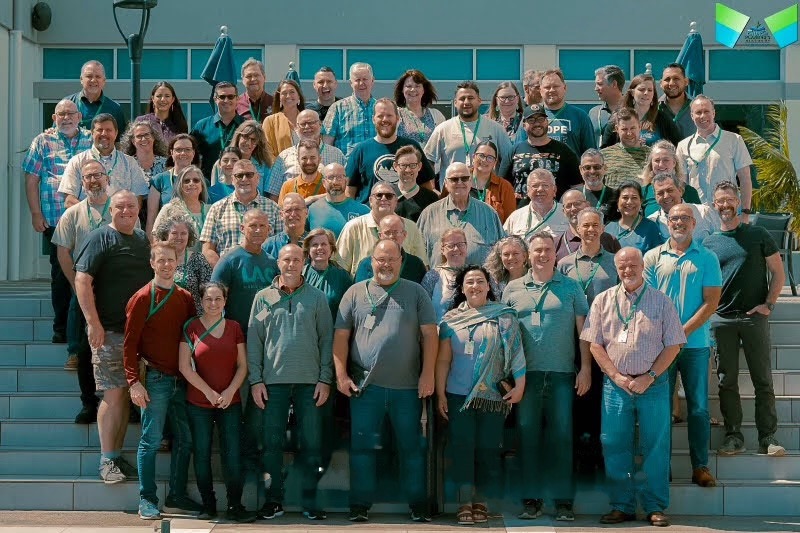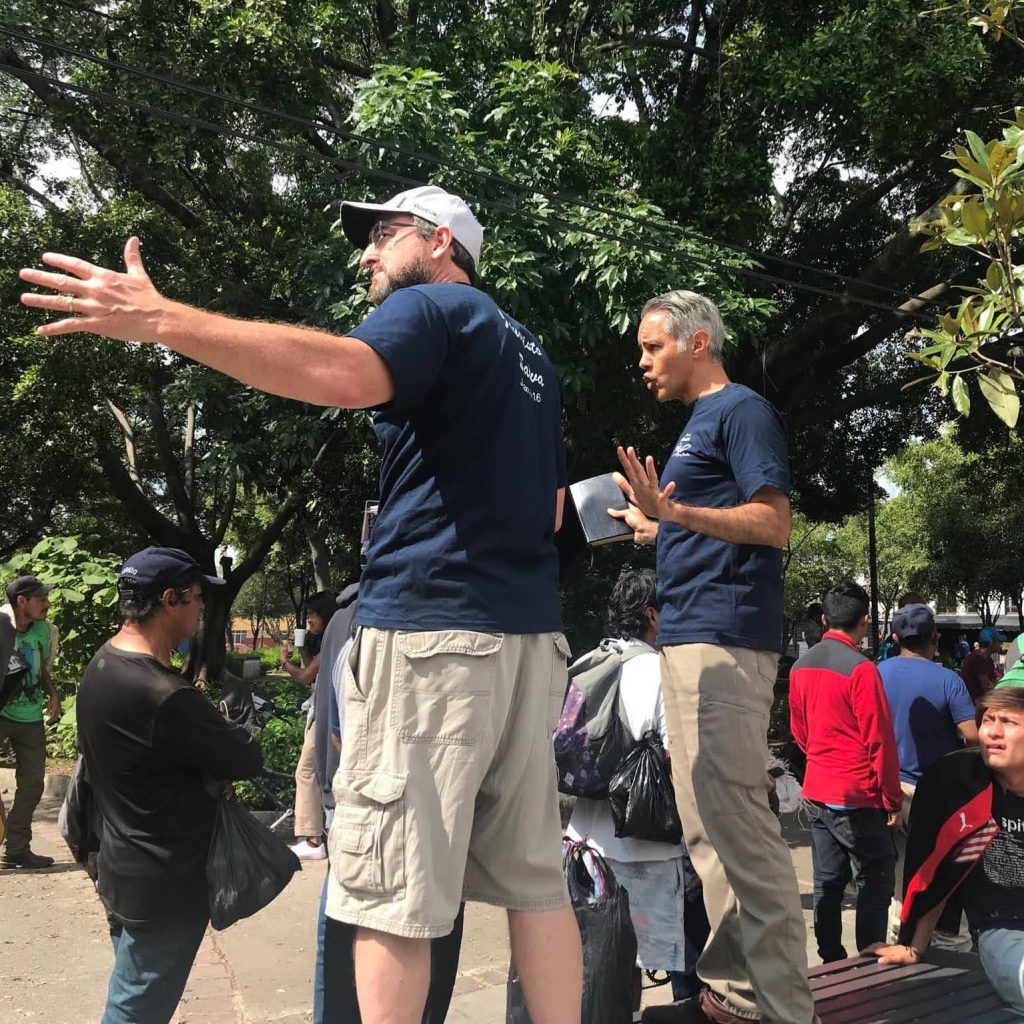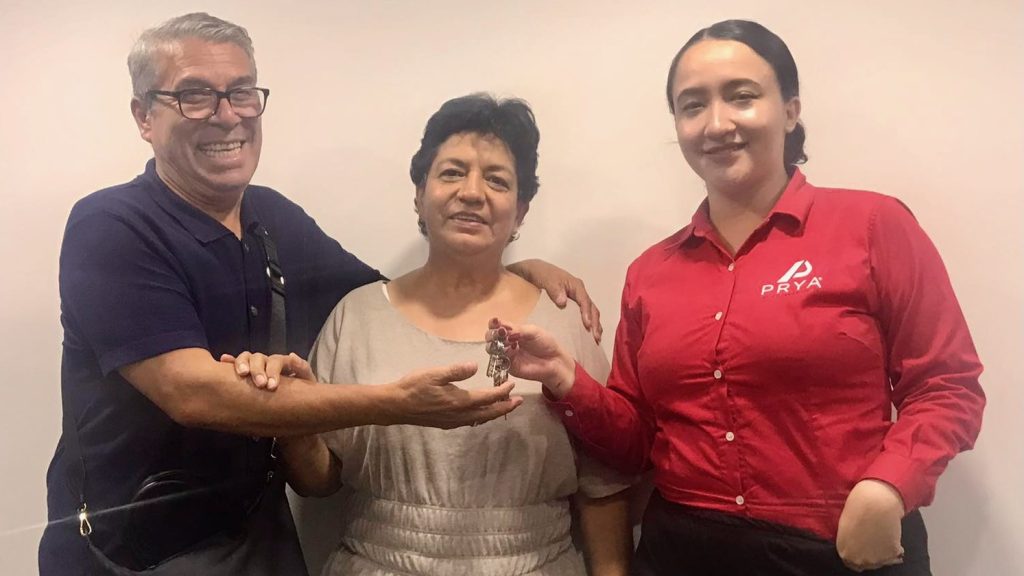The past several weeks have reminded us that missionary leadership is both deeply rewarding and quietly demanding.
We are now back in Mexico City (CDMX), settling into the missions house in Coyoacán. Returning has felt significant. This move represents more than geography; it reflects a deepening commitment to walk closely with national leaders and missionary teams in this season. We are grateful for the trust that allows us to sit at tables where important conversations are happening about church planting, leadership development, and the future of ministry in Mexico.
At the same time, leadership in cross-cultural settings always carries complexity. Different expectations, communication styles, and organizational cultures can create tension even among people who share the same mission. We are learning again that much of our work involves listening carefully, building bridges, clarifying misunderstandings, and keeping everyone centered on the larger purpose of advancing the gospel. This work is often unseen, but it is essential.
Training continues to be one of our greatest joys. In January we facilitated multiple “Bible in Ministry” cohorts for veteran and new missionaries across the Latin America Caribbean region. Watching seasoned workers re-engage Scripture as the foundation for decision-making and ministry practice encourages us deeply. Healthy missionaries lead to healthy teams, and healthy teams strengthen the national church.
Our time with the Cuba team was another reminder of both challenge and impact. We heard reports of churches now helping provide meals for 6,000 children multiple times each week. That kind of fruit is humbling. At the same time, several team members are navigating surgeries, aging parents, and personal strain. Vision and vulnerability often coexist.
We, too, are experiencing that tension personally. On January 24, Kelly’s father, David, was hospitalized, and doctors have confirmed that cancer has invaded his spine. Kelly traveled to Erie to support her parents and help determine next steps. Walking through family crisis while carrying regional responsibility stretches us in ways we did not anticipate. Yet we sense the Lord’s grace meeting us in both places.
Missionary leadership is rarely dramatic; more often it is steady, relational, and prayerful. It involves long conversations, careful decisions, cultural humility, and dependence on the Holy Spirit. We are grateful for the privilege of serving in this role and for partners who pray with us.
Please pray for wisdom in cross-cultural leadership, unity among teams, strength for our missionaries, and comfort for Kelly’s family in this tender season.
We are deeply thankful to serve together in the Northern Triad.

